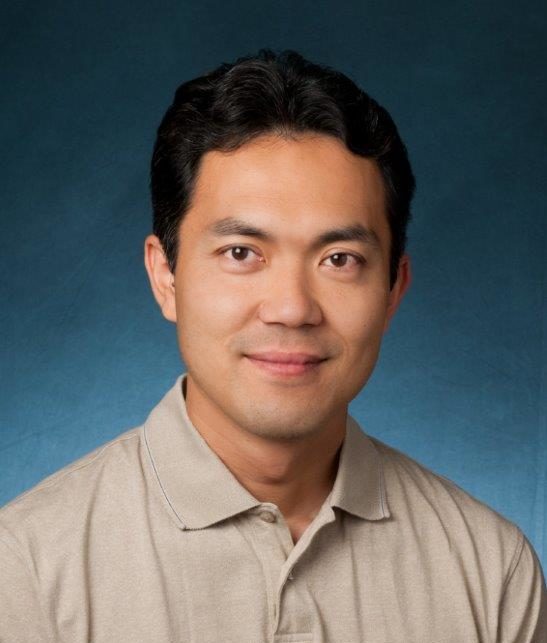Yasuyuki (Yas) Motoyama
Assistant Professor of City and Regional Planning, The Ohio State University; former Research Director, Ewing Marion Kauffman Foundation (2011-2017)

Education: Ph.D. in City and Regional Planning (University of California, Berkeley), Master of Public Administration (Cornell University), B.A. (University of Wisconsin-Madison)
Describe your job. What are some of the most important tasks or duties for which you are responsible?
As a background, the Kauffman Foundation was a philanthropic entity to promote entrepreneurship. I summarize my tasks into three categories: The first is research. Kauffman Foundation was one of the few foundations with internal research functions. Second, it was engagement with policymakers and practitioners. There was a philosophy that we had to make an impact on society by using our research products, which meant we had to engage with people who were on the front line of making and promoting entrepreneurship. I gave a number of presentations and consultation to policymakers and entrepreneurship support organizations. Third, it was grant management. As a foundation, we provided grants, and I was primarily in charge of research grants to academic institutions.
What attracted you to this career path?
A unique combination of the three functions describe above: research, engagement in policy and practice, and grant making to academic institutions. A possibility of making a real impact on society.
How has your education/background in geography prepared you for this position?
Traditionally, entrepreneurship was studied by business and economics disciplines, which only perceived entrepreneurship as an individual or corporate phenomenon. Lately, people have been finding that entrepreneurship is actually a local phenomenon as every entrepreneur is supported by entrepreneurship organizations, mentors, peer entrepreneurs, etc. in a regional context. In other words, a geographic or spatial perspective was important, and geography-trained researchers were needed.
What geographic skills and information do you use most often in your work? What general skills and information do you use most often?
I used some GIS-related skills, but perhaps the most important one was knowledge of various kinds of data related to entrepreneurship and its geographic context. For example, it’s important to know not only the availability of self-employment data in the Census or American Community Survey, but also the geographic scale that you can analyze. Then, the Business Dynamics Statistics by the Census Bureau provides different entrepreneurship data with a different geographic scale.
Are there any skills or information you need for your work that you did not obtain through your academic training? If so, how/where did you obtain them?
Most academics are theory and publication oriented, and I find that geographers are more so than other disciplines, such as city planning and business administration. When it comes to the question about how we can apply that knowledge to policymakers, I was finding that my graduate school prepared me little. By interacting with mayors, governors, as well as intergovernmental organizations, such as Council of State Governments and National League of Cities, I had to learn how policymakers think and what kind of information can benefit them or lead them to action.
Do you participate in hiring, screening, or training of new employees? If so, what qualities and/or skills do you look for?
Yes, I was involved in the recruitment process for entry and midlevel positions. I think what we looked for were three traits essential for general social science researchers: The first one is curiosity. What kind of problem or question do you have? What are your methods for analyzing tentative answers? The second is flexibility. Unlike the academic world where there are standard research products and protocols, foundation research can evolve into different dimensions, so every researcher needs to identify different needs and audience for every research project. The third is interpersonal skills. Most of the work including research and engagement was team work, so you need to be able to communicate effectively with people of different backgrounds.
What advice would you give to someone interested in a job like yours?
Most foundations do not have a standard recruitment process or publicized job market, so you need to think outside the box and be creative. Many foundations may not post job openings, but hire in a highly opportunistic way when they see a good candidate. So do your homework by researching every foundation and every foundation officer that you can relate to. If you see a potential fit, approach it proactively, and you should usually contact the director level people.
What is the occupational outlook for career opportunities in your field/organization, esp. for geographers?
The job market for foundations is not large. However, it is one of the few places that do not experience a major decline during an economic crisis, thanks to large endowments by founders. So while it may not be big or growing, it is a relatively stable market.